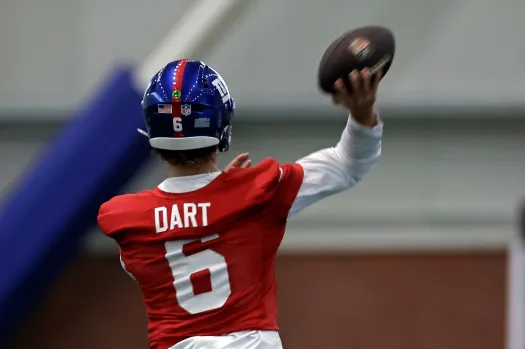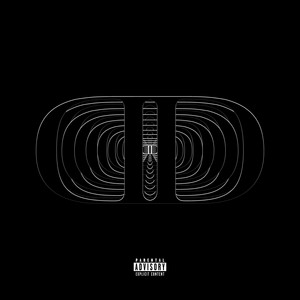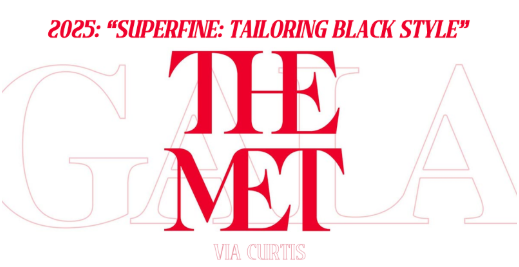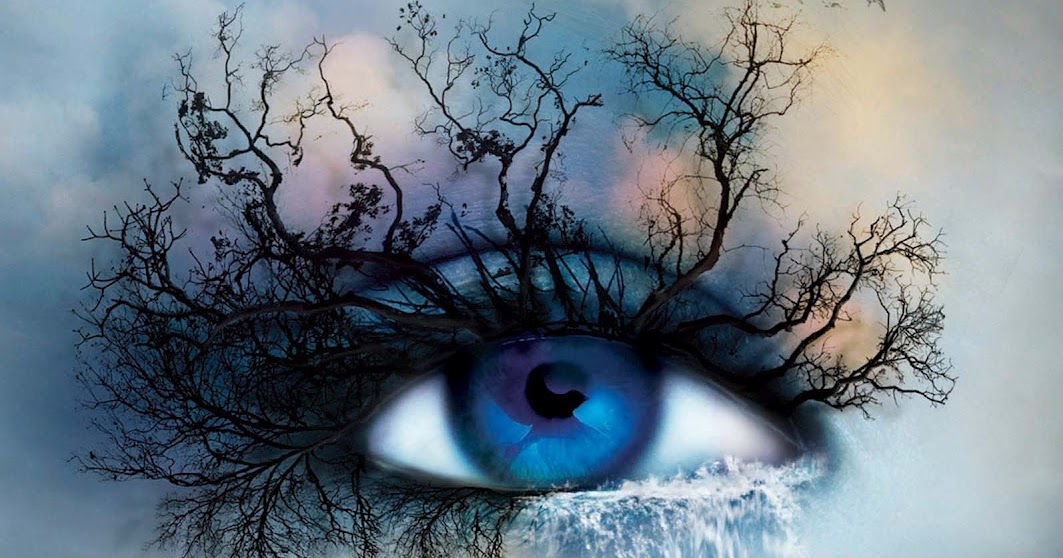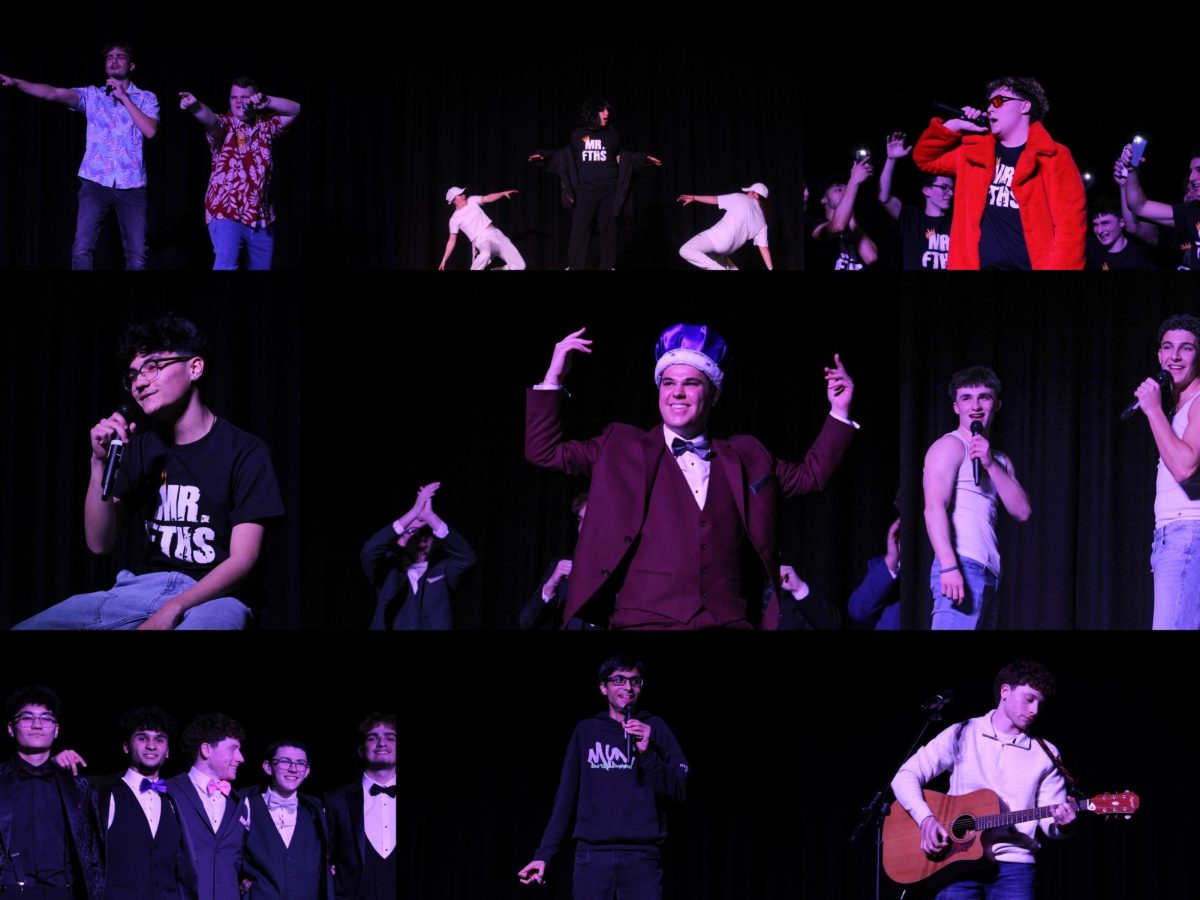Reed Books: Bunny
January 24, 2021
Bunny by Mona Awad is an ambitious novel that explores the horrors and successes of female friendship, using a surrealist plotline and incredibly effective prose. Set in a fictional grad school, referred to only as Warren, Bunny follows Samantha, a writing student, as she navigates her new life with the Bunnies. The Bunnies are a group of four women – the only other students in Samantha’s class – who are exceedingly preppy and refer to each other as Bunny. Samantha holds contempt for them, in all of their lip glossed glory, but slowly becomes part of the group as they invite her to their weekly “Smut Salons”.
What changes this book from Mean Girls to Jennifer’s Body is the fantastical nature of these “Smut Salons”, or “Workshops”, as they are referred to later. After capturing a rabbit, the women chant around it in Latin (on drugs, if that wasn’t obvious by this point) until it turns into the man of their dreams. If he doesn’t turn out right, they’ll kill him with an ax and start over.

These men – or Darlings, because “you sometimes have to kill them” – are a kind of Frankenstein’s monster, made up of whatever the Bunnies decide constitutes a perfect man. Often, the Darlings are vacant, French, and have names like Odysseus or Icarus or something else pretentious. They have no real personality, but worship the ground that the Bunnies walk on, with their catchphrase being “tell me something”. If they are put under too much pressure to form an independent thought, they explode.
The Bunnies see these Darlings as a kind of collaborative creative experiment, like a poetry book or a piece of performative art. They know that they’re playing God, they simply don’t care.
Obviously these girls are the antagonists of the novel, but it’s worth considering why
this “activity” would be so appealing to them. Samantha’s teacher, Ursula, consistently mentions that the five women are Warren’s first all female cohort. No wonder they want to take advantage of this male-free space.
Male authors, especially in classic literature, engage in the same acts as Samantha and the Bunnies. They create women that perfectly fit their needs as men – see the Manic Pixie Dream Girl or Mary Sue trope – and kill them off when they grow outside that mold. Every aspect of classic male-written literature is centered around the male gaze and male fantasies.
Awad argues in Bunny that the true female fantasy is a non-threatening man. The Darlings treat the Bunnies like gods. They bake with them, bring them wine, dance with them, and agree with everything they say. They can’t be sexist because they wouldn’t even understand the concept.
And this isn’t sexual; the Darlings have no genitalia. The Bunnies only use them for friendly company, before letting them go in a field, or keeping the cute ones to help around the house.
Even after leaving the Bunny group, Samantha parrots this same desire when she becomes friends with Jonah, the recovering alcoholic poet, who is completely stupid and sweet. He assumes the best in everyone, even when that leads him into awkward social situations. Samantha likes him because he is unaffected by social norms, making him the Bunnies’ antithesis. She wonders, at the end of the novel, “Or maybe he isn’t so oblivious after all. Maybe he knows and just doesn’t give a fuck. How would that be?”
With just that train of thought, Samantha differentiates herself from the other Bunnies. Where the Bunnies want ignorance, Samantha wants apathy.
Overall, Bunny offers fascinating insight into the female gaze, which is so rarely used in mainstream media, and an amazing blend of magical realism and dark comedy.











